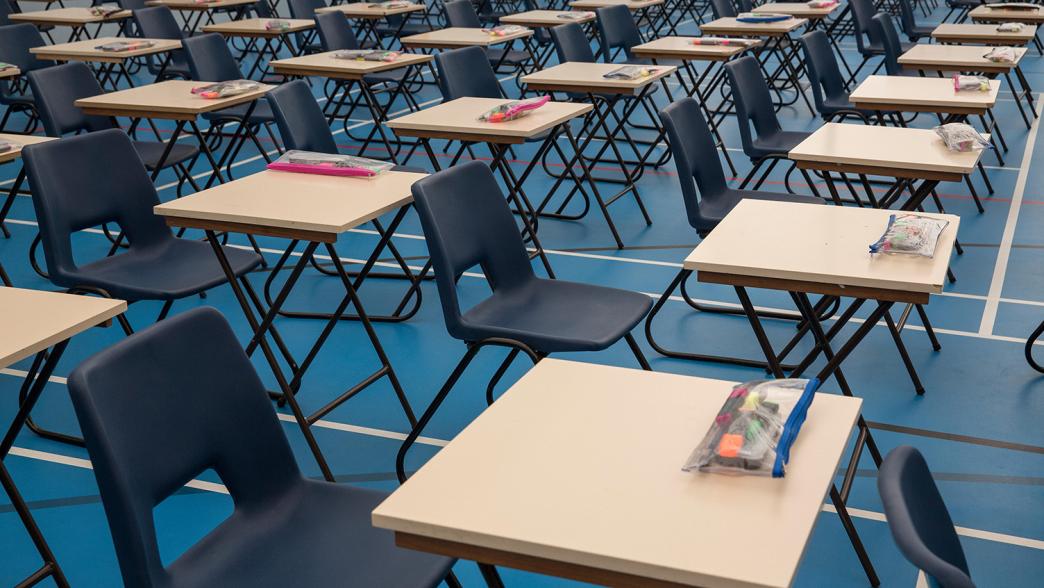The exam question: Changing the model of assessment reform
The education system in England should move to a model of incremental improvement rather than periods of stasis followed by highly disruptive change.

The education system in England should move to a model of incremental improvement rather than periods of stasis followed by highly disruptive change.

The government's failure to make contingency plans for schools is the most “unforgiveable aspect” of its handling of education during Covid.
With exams returning in 2022, the Department for Education and Ofqual face difficult decisions about grading, fairness and restoring confidence in the
Our flagship report assesses the comparative problems faced by critical public services such as the NHS, schools and the police.
Investing in prevention could save money and improve productivity – so is it time for government to rethink public service spending?